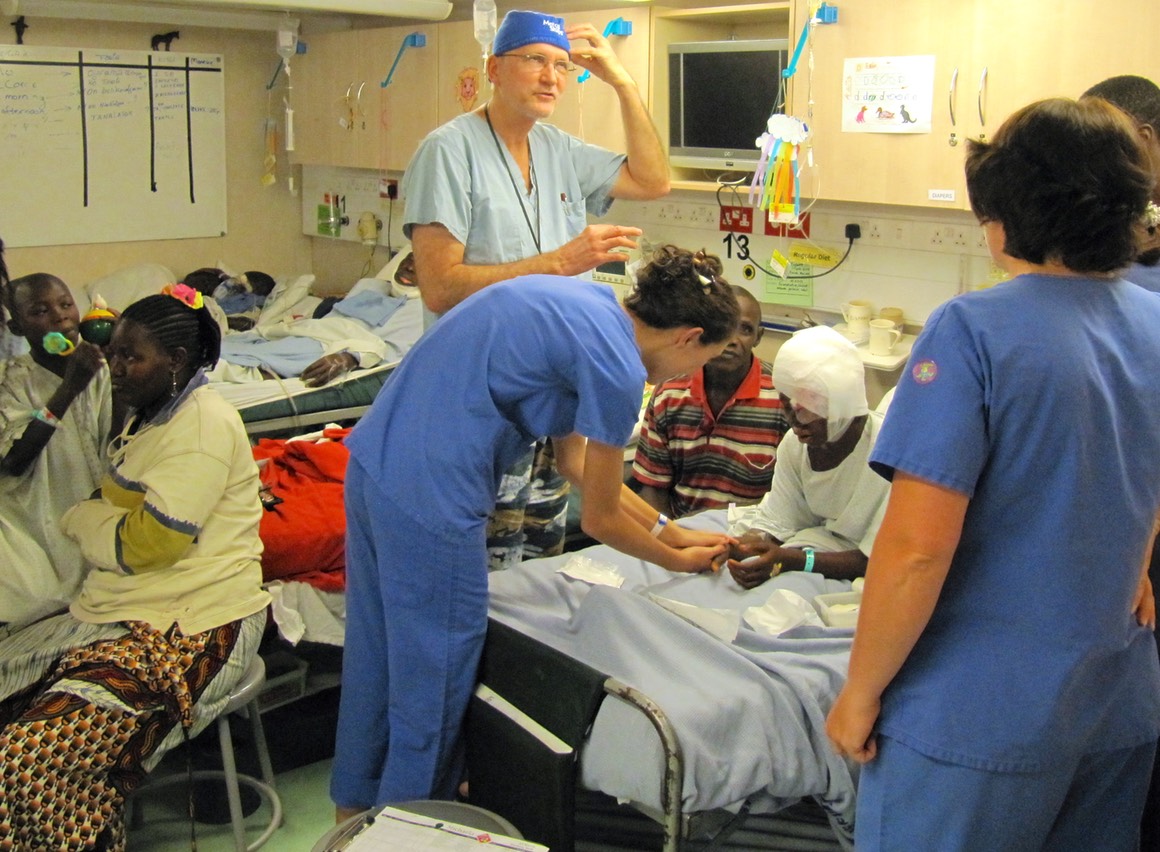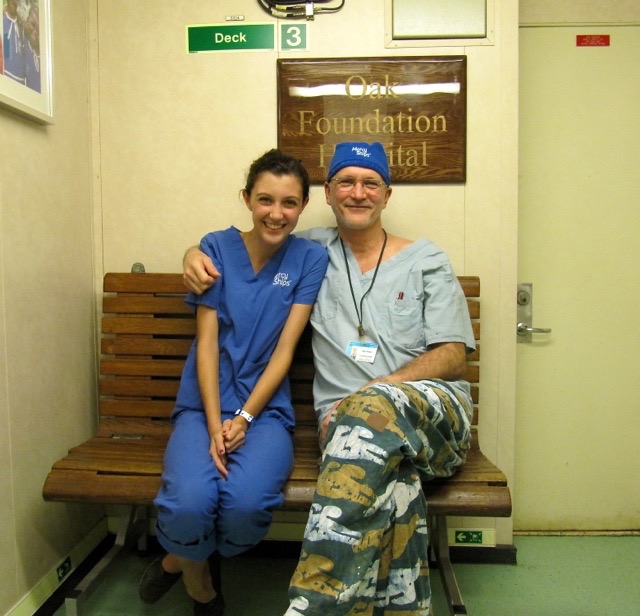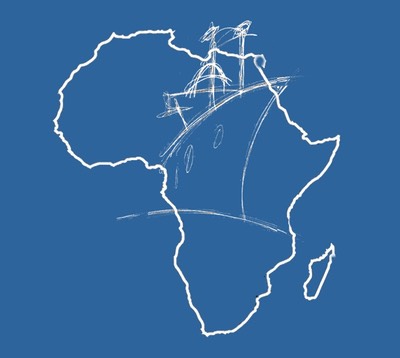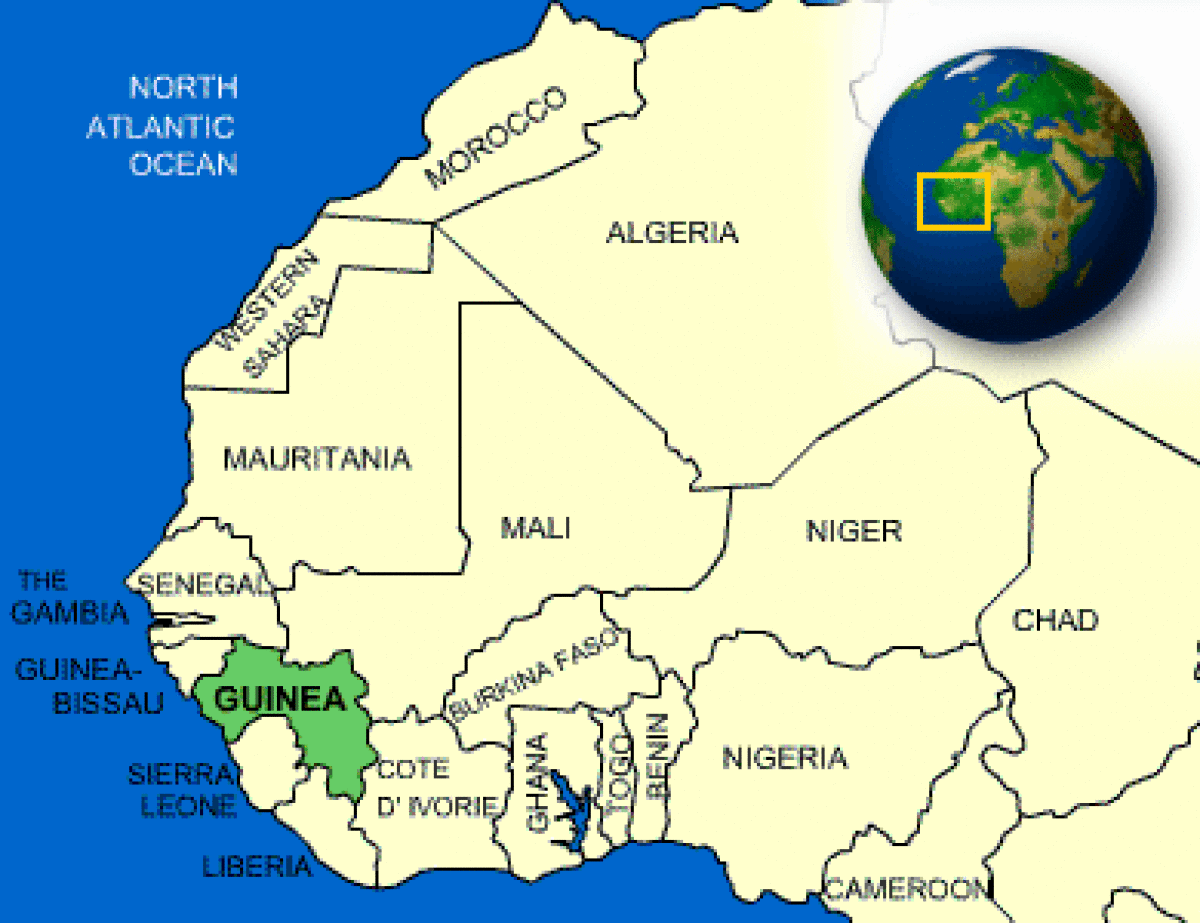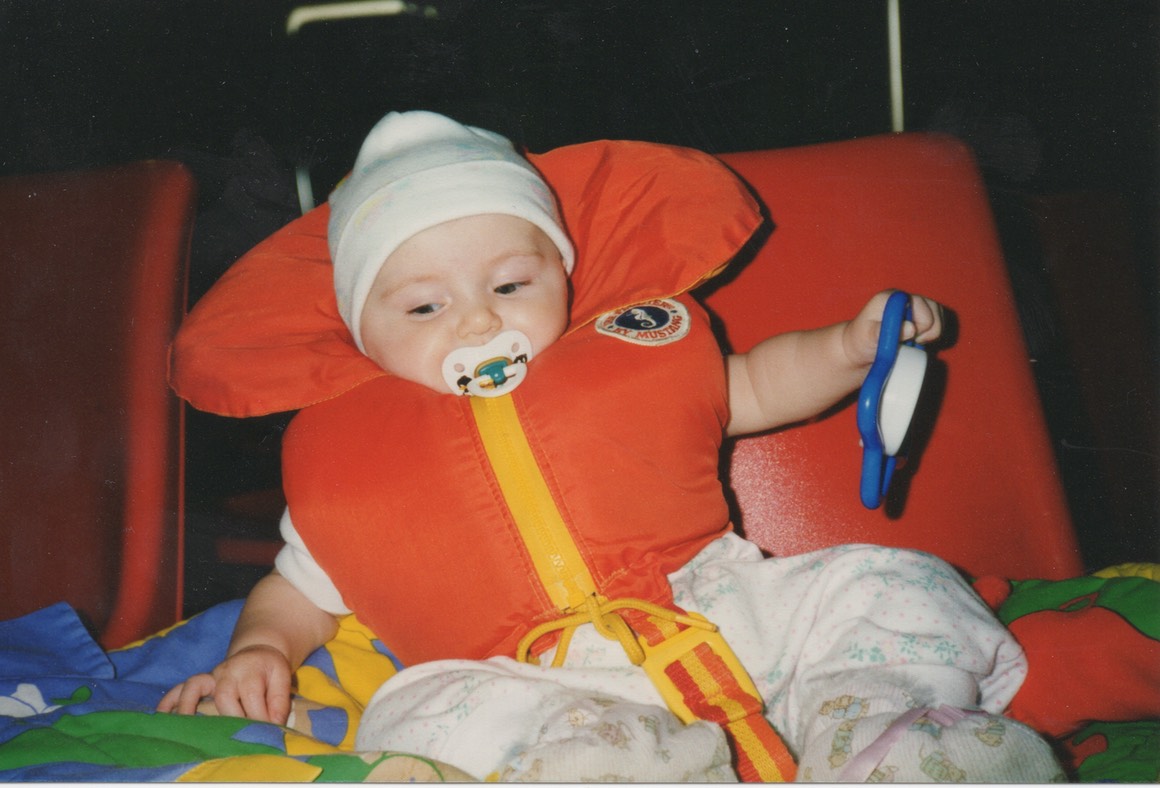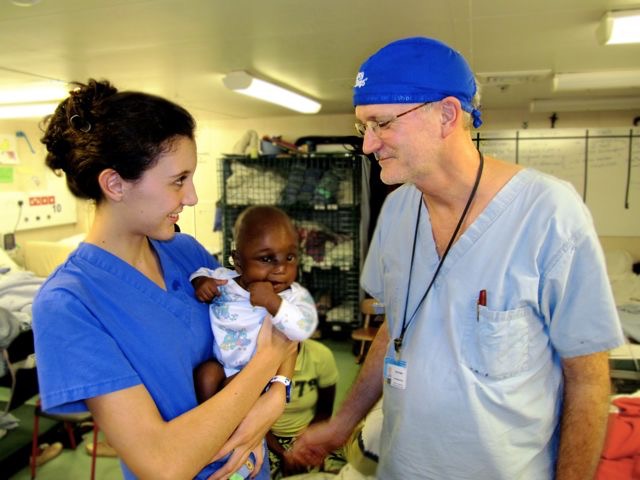
Maxillofacial/Plastics Ward with Baby Mamadou
Our 18-year-old daughter, Carys, just completed a week of work experience in our hospital ward as a nursing assistant. I imagine not many high-school-age daughters get to work with their surgeon-fathers. It's one of the benefits of growing up on a hospital ship.
Carys didn't begin her life here; in the absence of a crew obstetrician she was born instead in a Seattle hospital. We rejoined the ship in Ghana when she was just eight weeks old -- exactly the time it took to get her passport and vaccinations.
I never imagined then, that we would still be here now.
60 Minutes Overtime: Raising Kids at Sea
Soon after returning to the ship as a new mother, I read an Oprah's Bookclub recommendation called, The Poisonwood Bible. The fictional storyline follows an American family and their mission to the Belgian Congo in the late 1950's. If you're looking for a handbook on what not to do -- both culturally as a foreigner working among Africans, and as parents bringing up children overseas, then this is the book to get.
Of course, their mission to "save the souls" of Africans for eternity, while not seeming to value relationship with them in the here and now, didn't really fly. But what really put me on edge was the combination of the father's myopic focus on his mission and the mother's passivity. The result was a failure to nurture, protect and ultimately to love, their own children. Predictably, as their four daughters grew, relationship with their parents fractured and not surprisingly their opinion of the God who "sent" them to the Congo was anything but positive.
It got me thinking. Would we one day regret our decision to bring Carys, and later Wesley up on a ship in Africa? Among other things it would certainly mean no ballet or soccer lessons, no movie theaters, no back-yard or parks in which to play, no home-cooked meals, no fall leaves, no snowmen, no spring flowers… I wondered how they would judge their childhood years? Would they feel that they had missed out? Or worse, would they be resentful, bitter, counting the days until they could get out of here -- and by implication away from us?
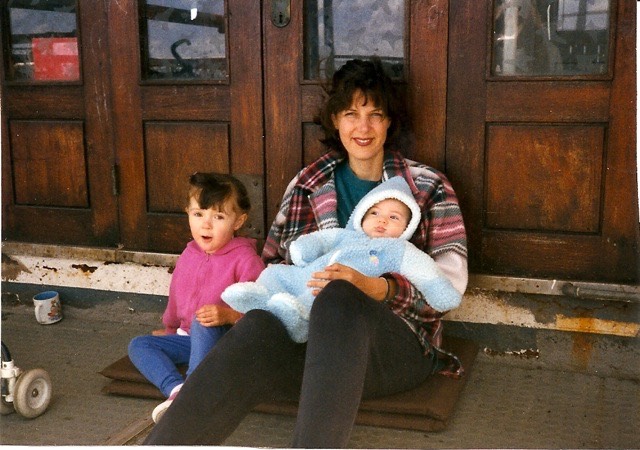
hanging out on the ship's aft deck during a sail
The years passed, our children grew and there were plenty of difficult times. Ships by definition are not kid-friendly. The lack of a pleasant and safe place to play has been an on-going issue for our very active son. And both have struggled with the constant turnover of crew and accompanying parade of painful farewells to beloved friends and adopted aunts and uncles.
The ship rules that govern our lives, while necessary for the smooth and safe operation of the vessel, can seem oppressive as the years mount up. How does a child grow to be responsible without the freedom to explore and to make their own decisions? But, childish choices in this environment can be deadly given the usual suspects of civil unrest, cranes, forklifts, gaping open cargo holds that drop several stories, the ubiquitous malaria-bearing-mosquitos, schistosomiasis in the rivers and who-knows-what in the lakes, and the ever present taxis (complete with bald tires and no seat belts) waiting to whisk us away on an African adventure...to name just a few.
So, what about those regrets?
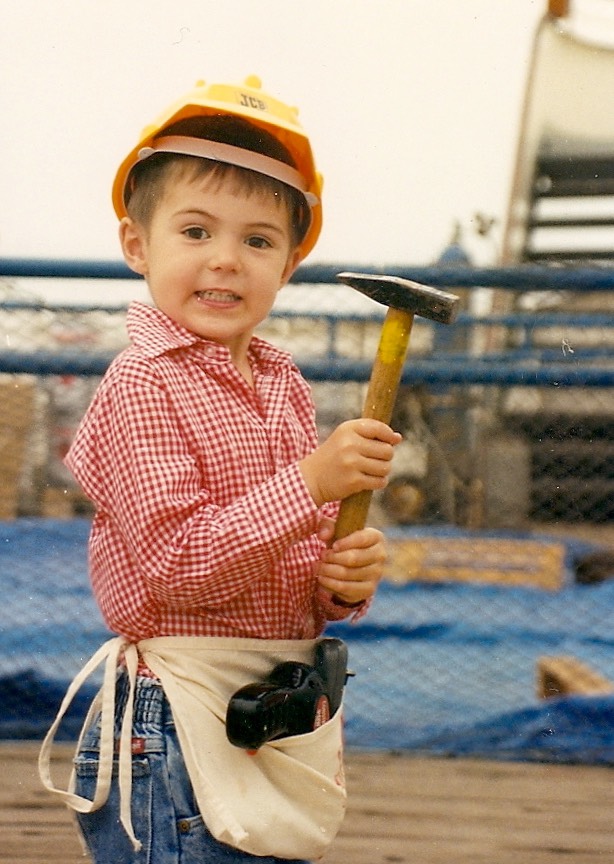
I've come to believe that the answer to that question largely depends upon the decisions I make and the kind of environment and atmosphere that I create (or fail to create) for our family. Because in the final analysis is happiness really tied to a geographic location? Do first world toys, or even wonderful opportunities--not that there's anything wrong with them--but do they deliver what's really important in life?
For sure we all need a roof over our heads, clean water, food to eat, a chance for education and access to healthcare. But beyond these basics it seems to me that happiness is first and foremost an inside job. The "you can't put a price-tag on them" qualities of love, joy and peace surely don't require an excess of stuff in order to flourish do they?
Yes, there have been many twists, turns and changed strategies over the years, but last week as I stopped by the ward and watched Carys interact with the patients, I saw a young lady who could communicate and serve cross-culturally in ways I couldn't have imagined when I was her age. As she lovingly cared for baby Mamadou, who is terribly disfigured with a frontal encephalocele, I knew that she believes deeply that each life has value in a way that allows her to look past the outside wrapper -- straight to the soul. One of the nurses commented that after work, Carys would return to massage the feet of Hawa, whose nose was destroyed by TB, and play endless games of "Sorry" with Mariatu, whose entire face has been affected by the flesh eating disease, noma.
Somewhere along the way, I think without even realizing it, Carys developed compassion that moves beyond pity and expresses itself in action towards those who suffer. She knows that with a look, a touch, even just her presence, she can make a difference, one person at a time. And then I remembered, I always thought she had her father's eyes...
In that moment, I knew that there would be no regrets.
